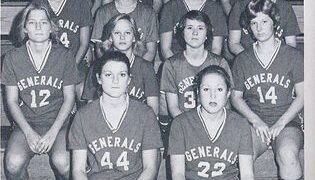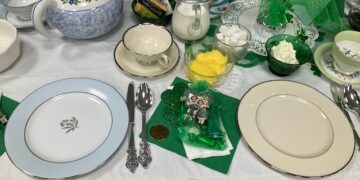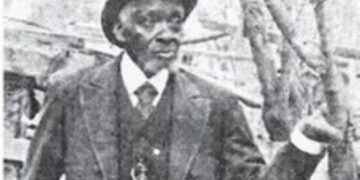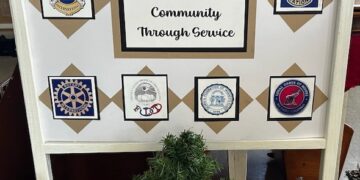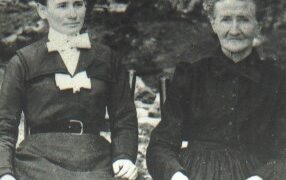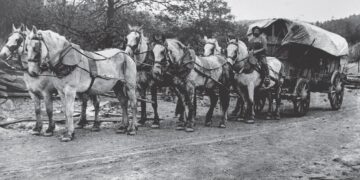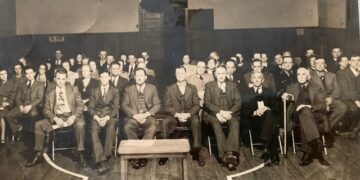Many want-to-be singers, no matter the musical genre, cannot wait for their very first ‘record deal’. Perhaps you’ve heard the term; it simply means that a record company decides to add (or ‘sign’) that particular artist to their roster.
For those ‘outside’ the music industry, it may not seem like much, just ‘sign on the dotted line’. But, for the artist, it can often mean a great deal of relief. Consider this: up to this point, being ‘independent’, that singer was likely responsible for all aspects of their musical career: producing albums, selling albums, booking concert dates, marketing themselves, the list goes on. By joining a record label, that company now assumes some of those responsibilities. They often have a team of songwriters and producers that will work with an artist to develop an album. Once the album is cut, the company will take care of marketing. They can also introduce the artist to a booking agency that will handle their concert dates.
So, yes, signing with a record company is a ‘big deal’, and this holds true for southern gospel music, especially artists and groups that want to make a living off of it.
Over the next few months, we’ll explore some of southern gospel’s premier record labels down through the years. While this may seem a bit foreboding, it actually serves as the ‘backbone’ of the history of southern gospel music, especially in the ‘modern era’ (post-1950). Even more so, many of these company’s individual stories are rarely, if ever, told.
We are going to begin our journey in the 1950s, when the ‘standard’ 12-inch LP (vinyl record) was becoming mainstream. Now, keep in mind, gospel 78 rpm discs had been around for quite some time, as far back as the 1920s. Many of these were cut by local or regional companies which, sadly, have all but faded into oblivion. There were very few – if any – ‘national’ labels dedicated to gospel, more or less ‘sacred’, music.
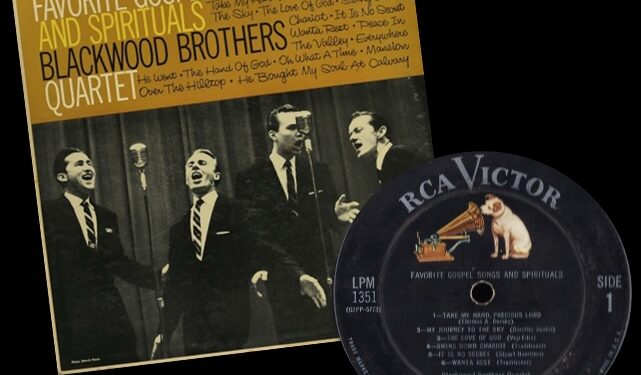
Beginning in the early 1950s, two of the premier gospel quartets, the Blackwood Brothers and the Statesmen, were releasing albums on RCA Victor. These releases featured RCA’s trademark dog, Nipper, on the printed labels. The Blackwood Brothers’ first RCA 12” long-play release was Favorite Gospel Songs and Spirituals (1956), and the Statesmen followed with The Statesmen Quartet with Hovie Lister (1957). Both groups would record for RCA Victor through the early seventies, releasing such well-known albums as the Blackwood’s Paradise Island (1959) and the Statesmen’s Out West (1961).
RCA Victor would also work with each group to bring us some of the genre’s first-ever live concert recordings: The Blackwood Brothers In Concert (1960) and The Statesmen On Stage (1960). Very few – if any – other gospel groups recorded for RCA Victor, some exceptions being the Weatherfords (In The Garden, 1959), and the Speer Family (The Gospel In Song, 1966).
I also need to mention RCA Camden, the ‘budget’ label of RCA. These albums, also from the Blackwood Brothers and Statesmen, were compilations of previously-released singles (45s) from the early-to-mid 1950s (no ‘new’ material).
Availability: Thankfully, many RCA Victor recordings, direct from the master tapes, have made their way to digital platforms. At the time of this writing, YouTube Music offers 17 Blackwood Brothers RCA Victor releases, and 10 from the Statesmen.
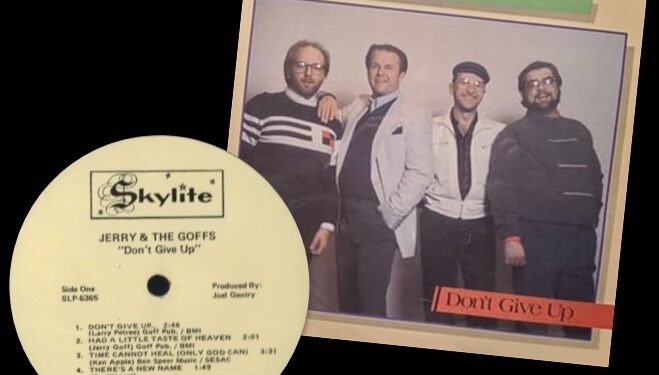
In 1959, the Blackwoods and Statesmen joined forces to launch Skylite Records. Based in Memphis, Tennessee, Skylite would be solely dedicated to gospel groups. Those that recorded for Skylite in the early years included the Speer Family, Oak Ridge Quartet (Boys), Prophets, Weatherfords, Rebels, and Wendy Bagwell & The Sunliters. The Blackwoods and Statesmen recorded for Skylite throughout the 1960s, while at the same time recording for RCA Victor.
Skylite continued into the 1970s and 1980s. When James Blackwood and Hovie Lister joined forces with Jake Hess, J.D. Sumner, and Rosie Rozell to launch the Masters V in 1980, Skylite would be their home label. Some of the final Skylite releases were issued around 1987.
Availability: Again, good news with Skylite; many of the master tapes have been digitized and are available for streaming. In fact, Daywind Records re-released many of these albums through their Southern Gospel Heritage Series of CDs in the late 2000s.
Next month, we’ll move into the 1960s, and introduce the ‘big two’, as they’re often referred to: HeartWarming Records and Canaan Records. Sadly, though, we’ll also discuss why, unlike RCA Victor and Skylite, much of the HeartWarming and Canaan catalogues have never been re-released digitally. Mind you, this means some of southern gospel’s most well-known and well-loved albums are just that…albums, never re-released on CD nor made available on digital platforms.
Some information for this series of articles was sourced from “Close Harmony: A History of Southern Gospel Music”, written by James R. Goff, Jr., and published by the University of North Carolina Press.




